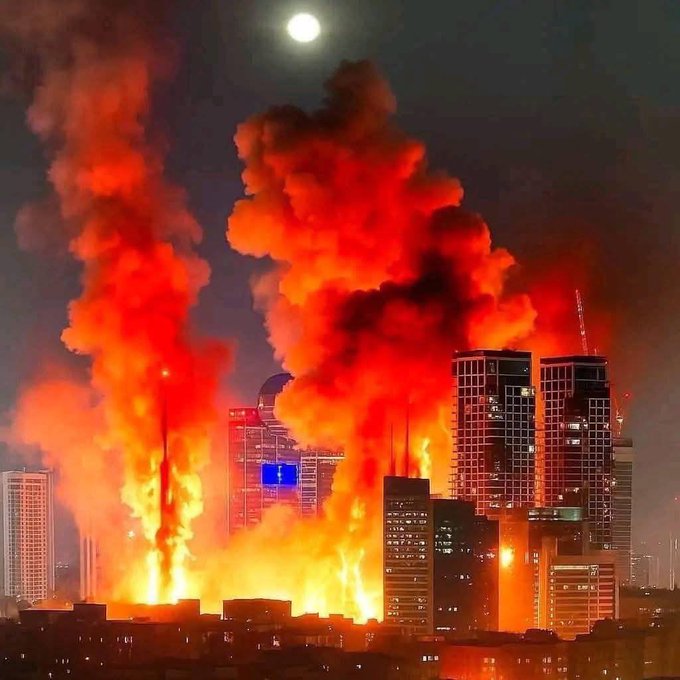On June 13, 2025, tensions between Israel and Iran escalated dramatically into direct military confrontation, marking the most intense exchange of hostilities between the two nations in decades. Israel launched a sweeping air offensive targeting Iranian nuclear facilities and military leadership, prompting a fierce retaliatory missile barrage from Iran. The conflict has resulted in significant casualties and widespread destruction, with Israel warning that “Tehran will burn” if Iran continues its missile attacks.
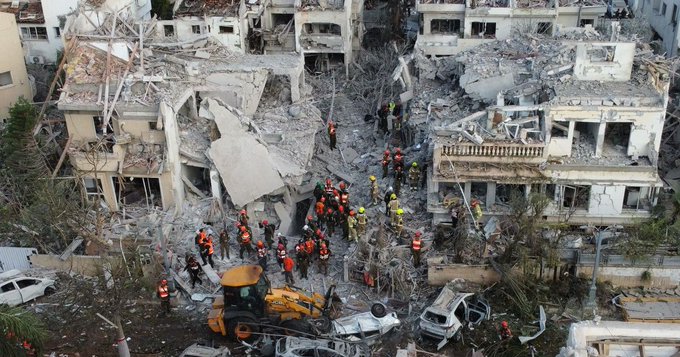
The Israeli campaign, codenamed “Operation Rising Lion,” involved hundreds of munitions striking approximately 150 targets across Iran overnight. Key among these were Iran’s nuclear infrastructure sites, including the Natanz uranium enrichment facility and the Isfahan Nuclear Technology/Research Center, alongside military bases and command centers. The strikes aimed to degrade and disrupt Iran’s nuclear weapons program and military capabilities, with Israeli officials emphasizing the objective to either force Iran into negotiations or incapacitate its nuclear ambitions.
The offensive resulted in the deaths of several high-ranking Iranian military leaders, including Revolutionary Guard commander Hossein Salami and other senior officials, as well as six nuclear scientists. Israeli strikes also caused extensive damage to Iran’s nuclear facilities, including the destruction of advanced centrifuges capable of enriching uranium to weapons-grade levels. Iranian state media reported that at least 80 people, including women and children, were killed and over 320 wounded in the attacks, which targeted residential neighborhoods and military sites in Tehran and other regions.
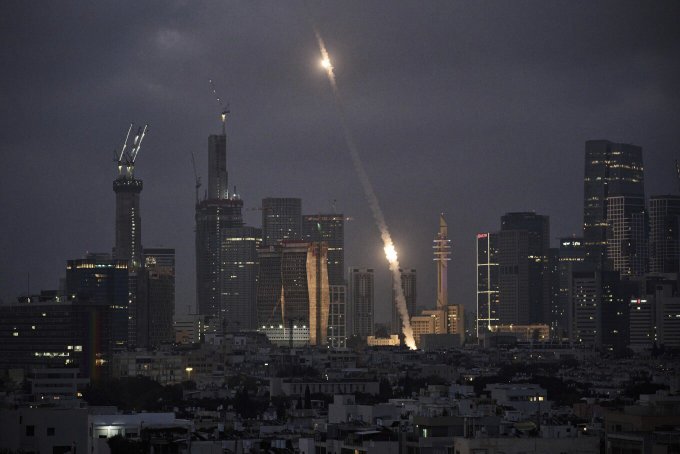
In response, Iran launched a massive missile and drone assault against Israel, firing over 150 ballistic missiles and more than 100 drones in an operation dubbed “Operation True Promise III.” The Iranian strikes targeted Israeli cities including Tel Aviv and Jerusalem, resulting in casualties and injuries among civilians and soldiers. At least four fatalities and over 200 injuries were reported in Israel due to the missile attacks, which triggered air raid sirens and emergency alerts across the country.
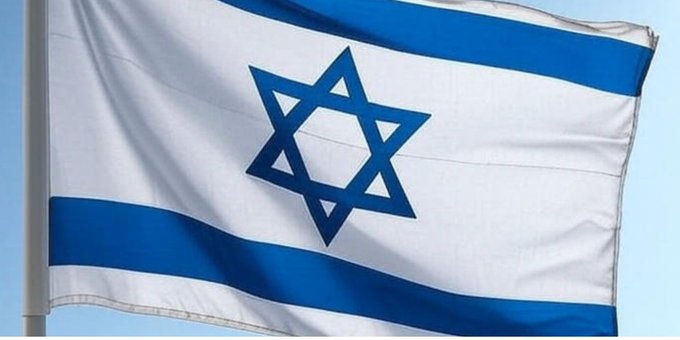
The Israeli government issued a stark warning to Iran, declaring that if Tehran continues its missile attacks, the city itself “will burn.” This statement underscores the severity of the ongoing conflict and Israel’s readiness to intensify its military response. The exchanges mark a significant shift from the previous proxy conflicts and covert operations that have characterized Iran-Israel relations for years, moving into open and direct warfare with potentially far-reaching regional consequences.
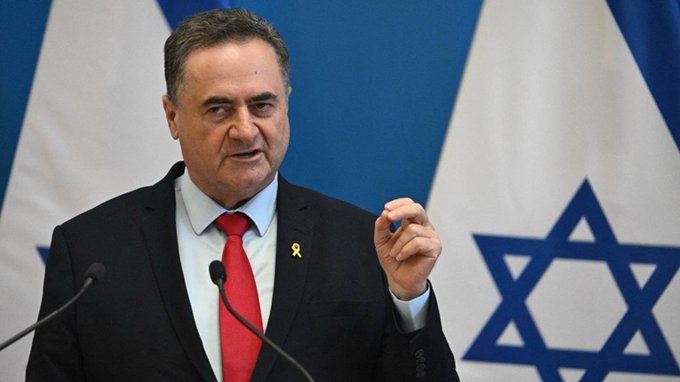
Iran’s Supreme Leader Ayatollah Ali Khamenei condemned the Israeli strikes as provocations and vowed severe retribution, asserting that Israel should not expect to escape the consequences of its actions. He framed the conflict as initiated by Israel and warned that the attacks would not mark an end but rather an escalation in hostilities. This rhetoric has heightened fears of a protracted war in the Middle East, with the potential to destabilize the region further.
The international community has expressed deep concern over the rapid escalation. The United Nations and various governments have called for restraint, fearing that the conflict could spiral into a broader regional war. The strikes have already impacted global oil markets and disrupted shipping routes, illustrating the wider economic and geopolitical implications of the conflict.
In conclusion, the recent Israeli airstrikes on Iranian nuclear and military targets, coupled with Iran’s retaliatory missile attacks, have plunged the two countries into a dangerous new phase of confrontation. With significant casualties reported on both sides and strong warnings exchanged, the situation remains highly volatile. Israel’s declaration that “Tehran will burn” if missile attacks persist signals a readiness for further escalation, underscoring the urgent need for diplomatic efforts to prevent a full-scale war in the Middle East.

